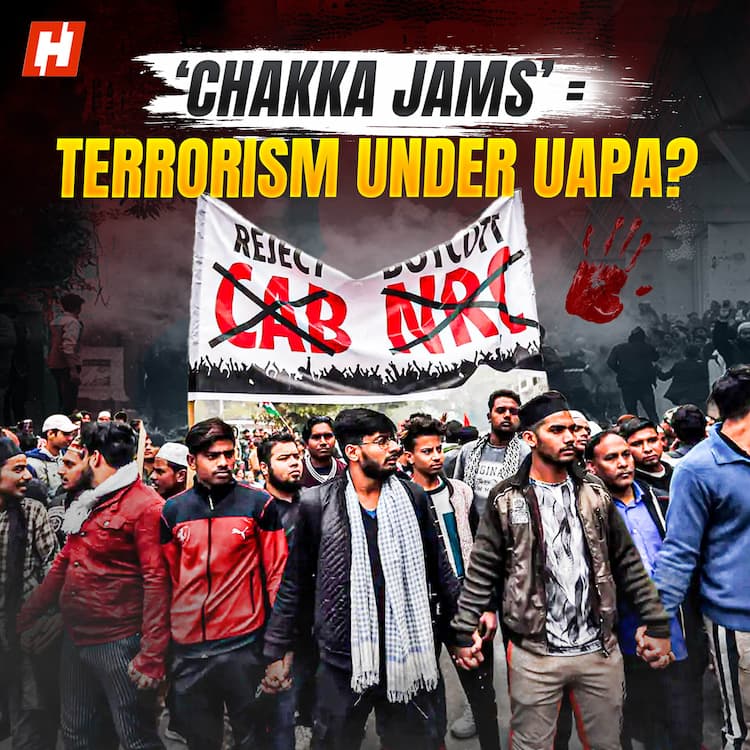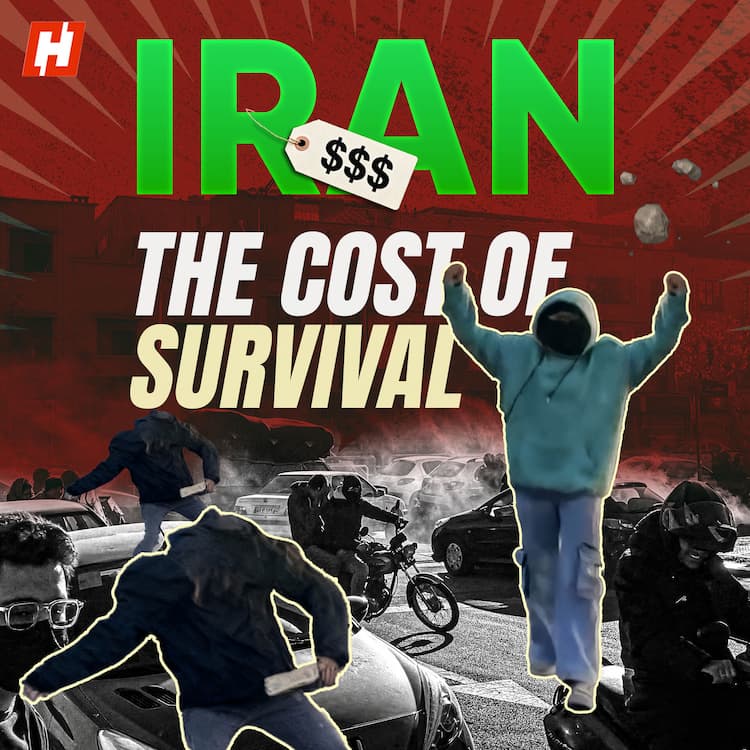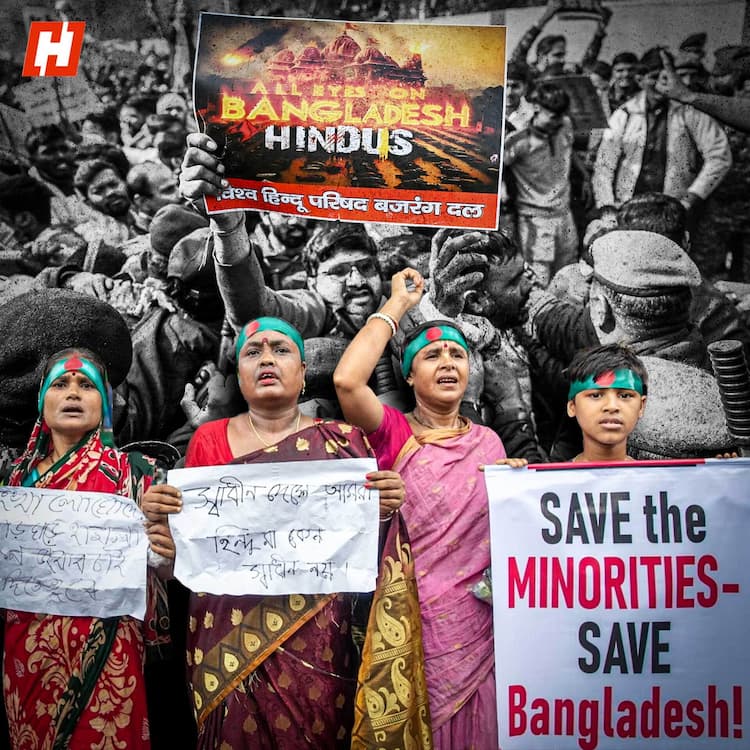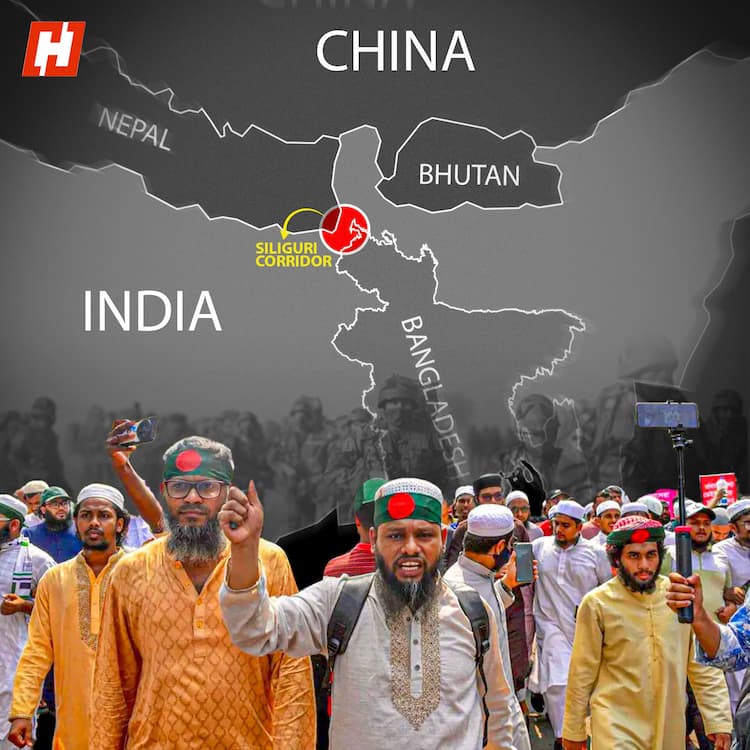Is Trump right? Has the UN failed in its purpose?

US President Donald Trump took the United Nations to task during the UN General Assembly session. Trump questioned the very purpose of the UN and insinuated that the organisation is failing to live up to its mandate.
The UN Charter’s chapter on Purposes and Principles begins with the line, “The Purposes of the United Nations are: To maintain international peace and security”. The Charter’s preamble states, “We the peoples of the United Nations determined to save succeeding generations from the scourge of war”.
The 80th Session of the UN General Assembly took place last month. The organisation has technically been “saving us from the scourge of war”, for about 80 years now. However, the UN has been struggling since the day it was formed.
UN Security Council
The Security Council is one of the six principal organs of the UN. The council has 15 members, 10 of whom get rotated and five Permanent Members. The US, Britain, France, Russia and China are the five permanent members, and they are sometimes referred to as the big five.
The Security Council is the only UN body that can pass binding resolutions. If they decide something, other UN members have to comply. So, if “the scourge of war” is spreading, the Security Council can pass resolutions telling the warring countries to stop. The Security Council can order UN Peacekeeping forces to go to the warzone and uphold a ceasefire. And if a warring party doesn’t agree to stand down, the Security Council can place sanctions on it. And every other UN member has to enforce those sanctions.
But there’s a catch. The five permanent members don’t just have the privilege of perpetual membership, they also have a special power; the Veto. Normally, 9 out of the 15 Security Council members have to agree to pass a resolution. However, none of the five permanent members can vote against the resolution. If they do, the resolution fails.
Gaza War and America's Controversial Veto
Let’s take a practical example. The war in Gaza. Over 65,000 Palestinians have been killed in Gaza. Hundreds of thousands displaced. Children are starving to death. It’s the definition of “scourge of war”. And genocide. So, the Security Council should step in and stop it, right?
They tried that on September 18. It was the UNSC’s 10,000th meeting. A milestone. They had a draft resolution ready. It reaffirmed the purposes and principles of the Charter of the United Nations. And demanded an immediate, unconditional and permanent ceasefire in Gaza. A vote was taken. 14 UNSC members voted in favour. 1 against. It was 14 to 1. But, the draft resolution was not adopted, owing to the veto of a permanent member of the Council.
The US essentially said that Israel should not be stopped from killing Palestinians, because apparently, the resolution “failed to condemn Hamas or recognize Israel’s right to defend itself”. Washington didn’t like the wording of the resolution, so more Palestinian children have to starve, or get blown up, until the US is satisfied with the resolution’s structure.
The Veto power essentially gives the five permanent members the ability to propagate or prolong any war they want. They can veto all resolutions, peacekeeping missions or sanctions. So, the UNSC is essentially useless whenever a permanent member has any stakes. Or if their allies or proxies are involved.
In the previous example, the US basically didn’t want anyone interfering with Israel. And it’s the same situation with Russia. In September 2022, the UNSC put forward a draft condemning Russia’s war on Ukraine. Russia vetoed it. The veto has always been used by the big five to stop other nations from interfering with their interests.
Historic Vetoes
1956 Suez Crisis. France and the UK used the veto too, as they invaded Egypt. Same year, the Soviet Union invaded Hungary to defeat an anti-communist revolution there. The Soviets used their veto to stop any interference. The Korean War, Falklands War, the US invasion of Grenada in 1983. The big five members have used their vetoes liberally. Either to support their wars or wars conducted by their friends. Thus, the UN Security Council is effectively useless.
Other UN bodies like the UN General Assembly and the International Court of Justice are even more useless when it comes to stopping wars. The UN General Assembly represents every member country. But they can only pass non-binding resolutions. Non-binding means unenforceable. So, the general assembly is a talk shop. A place for debate and handwringing, not results.
International Court of Justice
In theory the ICJ has more power, because it can pass judgements. It can deem countries or leaders guilty of genocide. But the ICJ doesn’t have an enforcement mechanism. It doesn’t have its own army or police force. So even if they judge someone guilty of crimes against humanity, the court can’t do anything about it.
The ICJ depends on UN member states to enforce its verdicts. Those members that are party to the Rome Statute. There are 125 of them. Theoretically, the nations who are party to this treaty are obligated to enforce the ICJ’s rulings. For example, if the court holds Benjamin Netanyahu guilty of committing genocide in Gaza, 125 UN member nations would be expected to arrest him and haul him before the court, if he ever entered their sovereign territory.
But countries like the US, Russia, China, India, Pakistan, Malaysia, Indonesia and a host of others are not party to the Rome Statute. So, Netanyahu may go to any of these nations without risking arrest. But even if he flies to a Rome Statute party nation, like the UK or France or Australia, there’s no guarantee that those nations will obey any ICJ ruling. They could just ignore the ICJ, and the court wouldn’t be able to do anything about it, because it doesn’t have any enforcement mechanism.
That’s the crux of the issue with the ICJ, and the UN in general. The institution has no real means of achieving its purpose. It is toothless, by design. The lone UN body with any real power – the Security Council – is dominated by some of the worst offenders to peace and stability in the world. The big five permanent members have veto powers and nuclear weapons, allowing them to wage war with impunity.
So, it was fair for Trump to ask what the UN's purpose is. But it wasn't fair for him to omit the whole story. His country and four others are the reason that the UN keeps failing to fulfil its purpose. So long as the veto exists, the UN will keep failing to “maintain international peace and security”, and the rest of us will always be plagued by “the scourge of war”.
Trending in News

‘Chakka jams’ = terrorism: How SC’s order denying bail to Khalid and Imam just made UAPA a whole lot scarier

Iranian protests are all about money this time. Or the lack of it.

Why India’s CAA cannot help Bangladeshi Hindus like Das and Mondal

